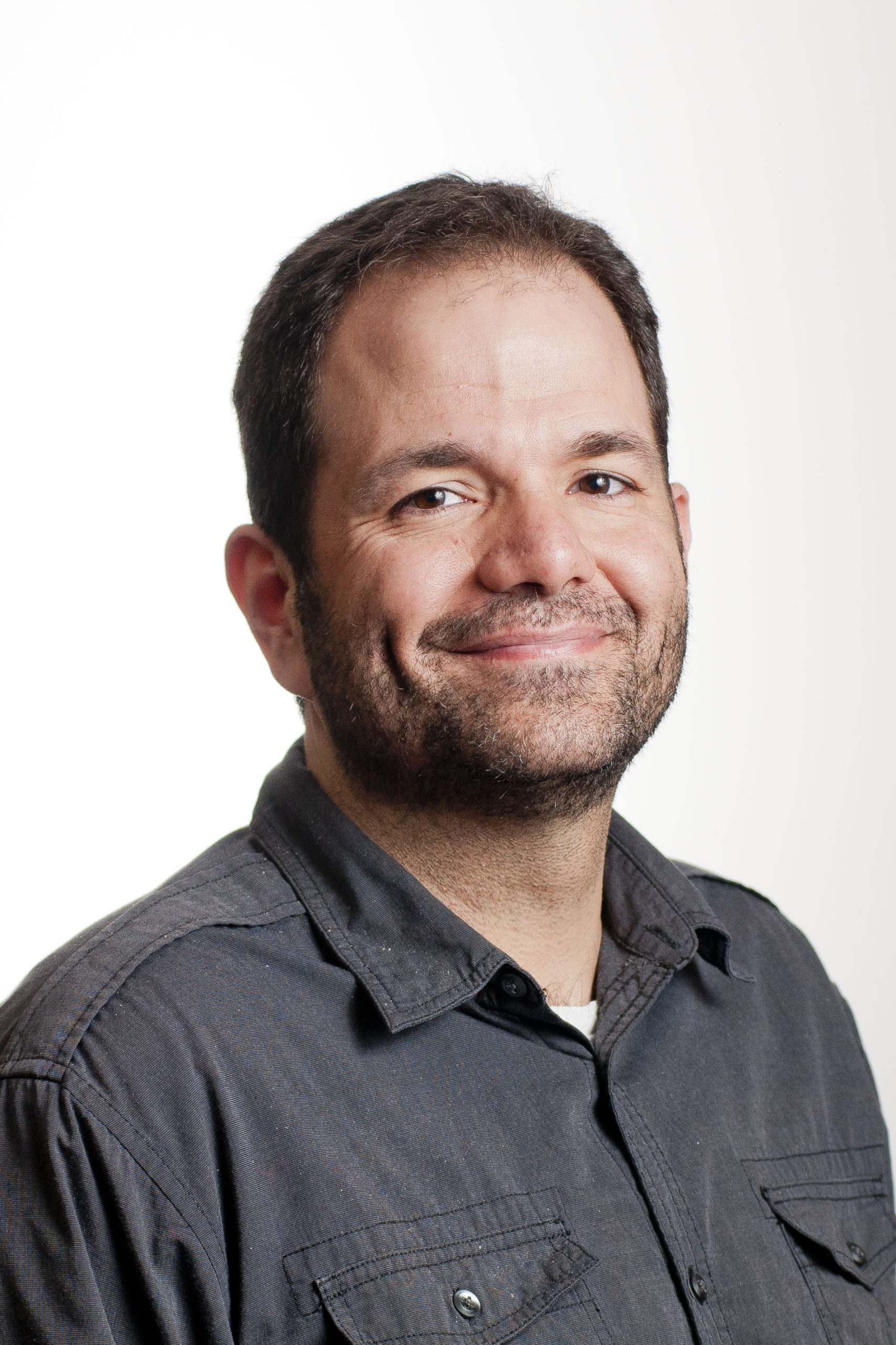
Jason Boone is coordinating minister of the Peace and Justice Support Network.
There’s an idea kicking around called “One screen, two movies.” It’s an attempt to describe the state of our country. The basic thrust is that our country is watching the same events unfold (one screen), but at the same time understanding those events in totally different ways (two movies).
Roughly half of the country is watching a movie with an outsider president whose unpredictability is needed to facilitate change. It’s an action movie. The other half is watching a dystopian drama with a president who is an incompetent, corrupt, morally bankrupt, aspiring despot who is overseeing the collapse of democracy and the rise of totalitarianism.
Take “One screen, two movies” with a grain of salt. It doesn’t work perfectly, but does get us pretty close to understanding where we are as a country. It also actually works pretty well in describing our church.
If you went to see the summer blockbuster “Future Church Summit,” what did you see? Some folks saw a type of procedural drama where unclear communication and an uncertain process determined the outcome.
Others saw an epic movie that examined the history of power and privilege in a religious body, promising the dawn of a new day, only to have the promise heartbreakingly rescinded at the last moment.
Maybe you saw something different, but let’s stipulate that the one screen showing “Future Church Summit” somehow featured at least two movies at the same time.
A lot of the problems can arise when I see one movie on the screen and you see another. My first response might be to think YOU have some type of disorder. Maybe it’s neurological, maybe spiritual, but you have some big-time problems if you didn’t see what I saw. You need to get that checked out.
Then, the more I ruminate on it, I begin to believe that it’s IMPOSSIBLE that you didn’t see what I saw. You must have some hidden, ulterior motives for claiming to have seen your movie. We aren’t two people who honestly saw different movies. I’m a good, well-intentioned person and you must be … well, the opposite of that.
Then I turn to figuring out how to fix it, because it’s disconcerting to me that there can be such a discrepancy in what we saw. I can try to convince you that you didn’t see what you think you saw. That’s probably not going to work, because who are you going to believe — me or your lying eyes?
Maybe the best thing to do is make sure we don’t watch movies together again. That avoids the conflict altogether. To be really safe, we could quit going to the movies completely. Just stream everything alone at home.
That works to the point that I no longer have to bear the discomfort of bumping into someone else’s reality. Is that the purpose of life — to avoid the bumps and bruises that come with living in the world? Is this what followers of Jesus are called to? Were we created in the image of a God who resides in the sterility of monotonous conformity? Or the image of a triune, creative, incarnational God who loves humanity, even in the face of our inconsistency, injustice and episodes of cruelty?
Maybe things would be better if there was one screen, one movie, for the country and the church. But that’s not where we are. We’re watching the same screen but seeing different things. The question is: How will we respond? I believe there is opportunity for great growth as peacemakers, depending on that response.
An alternative to thinking other moviegoers are the problem is to consider (This going to be painful so get ready.) that you aren’t right. Well, that you aren’t completely right. The existence of other movies doesn’t invalidate yours. But that works both ways. Even though your movie is perfectly written and well-acted, it doesn’t mean that other movies won’t be shown.
Two years ago in Kansas City, the Seeking Peace in Israel and Palestine resolution was a screen that showed at least two very different movies, maybe more. The journey from there to the resolution that passed nearly unanimously in Orlando didn’t begin with assertions. It began with questions.
“What did you think?”
“How did you experience the resolution?”
Those questions don’t inoculate one against conflict and don’t guarantee success. But there are seeds of the Kingdom in them. Perhaps they can be the tools that help us speak and work for justice and peace together, in ways that are more impactful when we do them in concert. They might be the keys to help us overcome interpersonal differences that pull us in opposite directions.
To move from assertions to questions seems like such a small thing, but it’s a potent one. It changes our relationship. It frees me from the delusion that I am omnipotent and can read your mind and heart.
It forces me see you as fully and wonderfully human. Contradictory in some things, misshapen and flawed in others, but so, so beautiful in your desire to love and be loved, to know and please God, to find and protect truth. We become brothers and sisters again, in these questions.
So, what movies have you seen lately?

